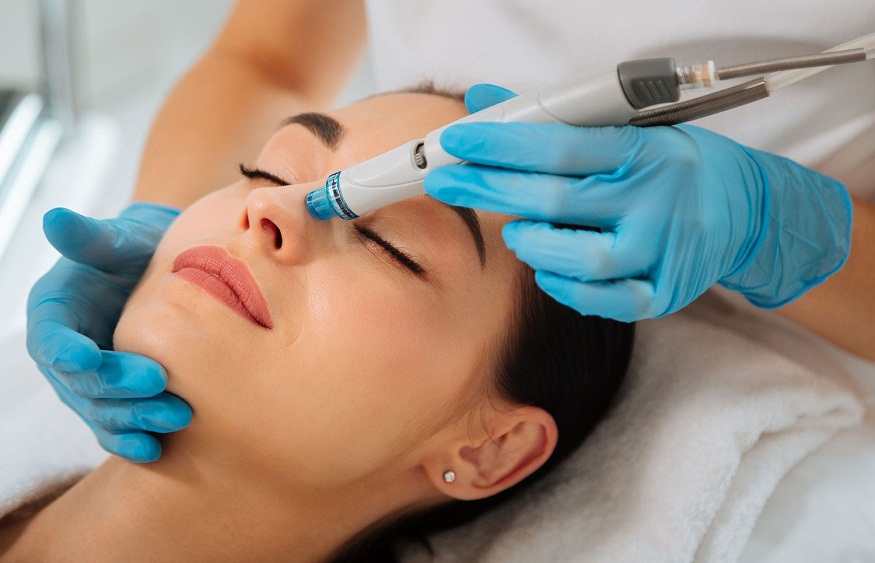Dermatologists And Skin Hydration: What You Should Know
 Skin hydration is crucial for healthy, glowing skin. Dermatologists play a key role in maintaining this balance. At Magnolia Dermatology, experts focus on how different factors affect skin hydration. They know the best ways to keep your skin moisturized. Understanding their methods can help you achieve better skin health.
Skin hydration is crucial for healthy, glowing skin. Dermatologists play a key role in maintaining this balance. At Magnolia Dermatology, experts focus on how different factors affect skin hydration. They know the best ways to keep your skin moisturized. Understanding their methods can help you achieve better skin health.
Why Skin Hydration Matters
Proper skin hydration supports the skin’s barrier function. This barrier keeps out harmful substances. It also holds moisture within. When the skin is hydrated, it appears smooth and elastic. Dry skin, on the other hand, can crack and become irritated. This can lead to various skin problems.
The Dermatologist’s Role
Dermatologists understand the science of skin hydration. They assess factors like age, climate, and lifestyle. These details help them recommend the right products and routines. They also identify skin conditions that affect hydration, such as eczema or psoriasis.
Hydration Tips from Dermatologists
- Use gentle cleansers that do not strip oils from the skin.
- Apply moisturizers daily to lock in moisture.
- Consider the use of a humidifier in dry environments.
Comparing Moisturizers
Moisturizers are not all the same. They vary in their ingredients and effects. Understanding these differences can help in choosing the right one for your skin.
| Type | Main Ingredient | Best For |
| Lotions | Water-based | Normal to slightly dry skin |
| Creams | Oil-based | Dry to very dry skin |
| Ointments | Grease-based | Extremely dry or cracked skin |
Hydration and Diet
Diet also affects skin hydration. Drinking enough water is essential. Foods rich in omega-3 fatty acids, like salmon and walnuts, support skin moisture as well. The USDA provides guidelines on foods that promote healthy skin.
Environmental Factors
Environmental factors have strong effects on skin hydration. Humidity, sun exposure, and pollution can all impact your skin. Dermatologists advise using sunscreen and protective clothing. These measures help shield your skin from harmful elements. More information on protecting your skin from the sun can be found at the CDC.
Signs of Dehydrated Skin
- Dull and tired-looking complexion
- Itchiness or flakiness
- Increased sensitivity
Conclusion
Working with a dermatologist can greatly improve skin hydration. They offer personalized advice tailored to your skin’s needs. By understanding the basics of hydration, choosing the right products, and following recommended routines, you can maintain healthy, glowing skin.
